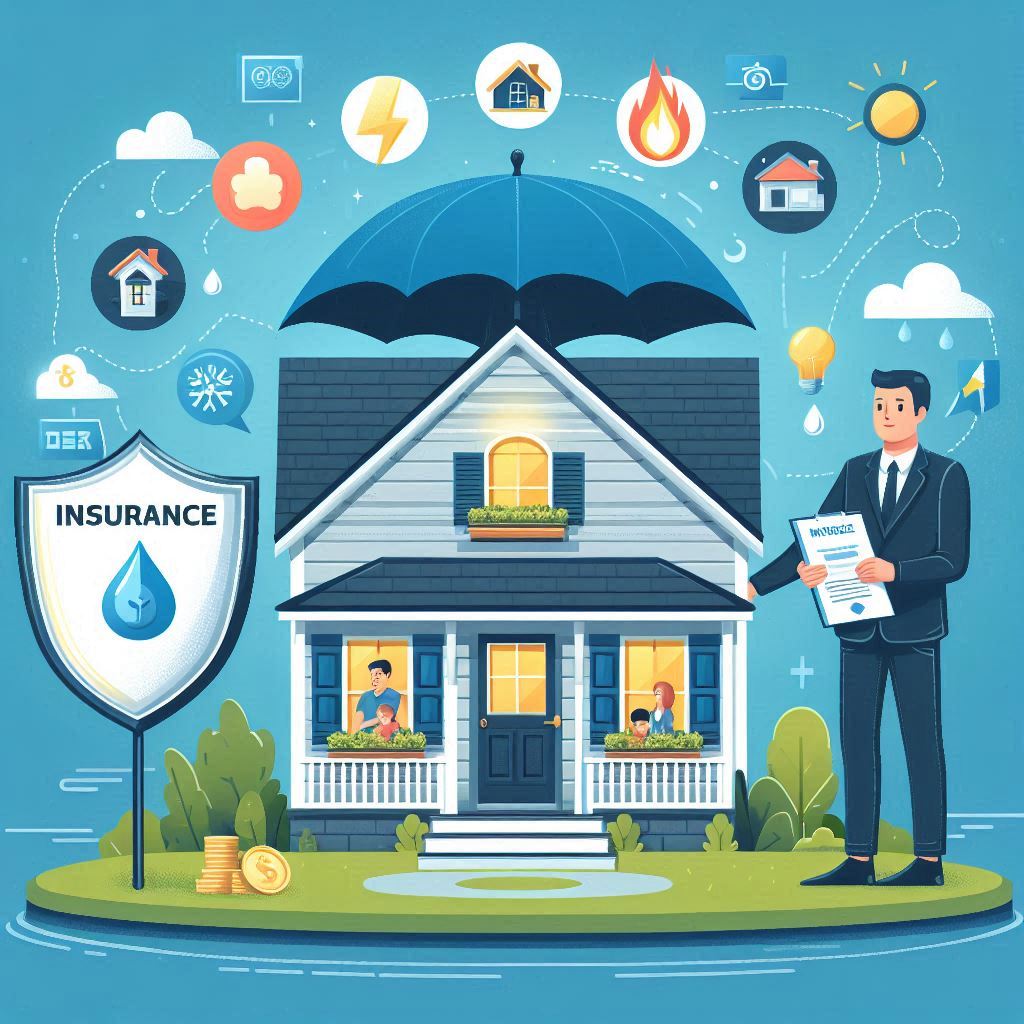
Are there discounts or incentives available for homeowners in Virginia to reduce their home insurance premiums?
Homeowners in Virginia have access to various discounts and incentives offered by insurance providers to reduce their home insurance premiums. These discounts are designed to reward responsible homeownership, promote safety measures, and mitigate risks, ultimately making insurance coverage more affordable.
One common discount available to homeowners is the "multi-policy discount." Insurance companies in Virginia and also quotes at different places including home insurance quotes wisconsin often provide discounted rates to policyholders who bundle multiple insurance policies, such as home insurance and auto insurance, with the same provider. Bundling policies not only simplifies insurance management but also leads to cost savings through lower premiums.
Homeowners can also earn discounts by implementing safety and security measures in their homes. Installing smoke detectors, fire alarms, burglar alarms, deadbolt locks, and security systems can qualify homeowners for "protective device discounts." These measures reduce the risk of property damage or theft, making the home safer and more insurable in the eyes of insurance providers.
Another incentive for homeowners in Virginia is the "claims-free discount." Policyholders who maintain a claims-free record for a specified period, typically three to five years, may qualify for reduced premiums as a reward for responsible property management and minimal risk exposure.